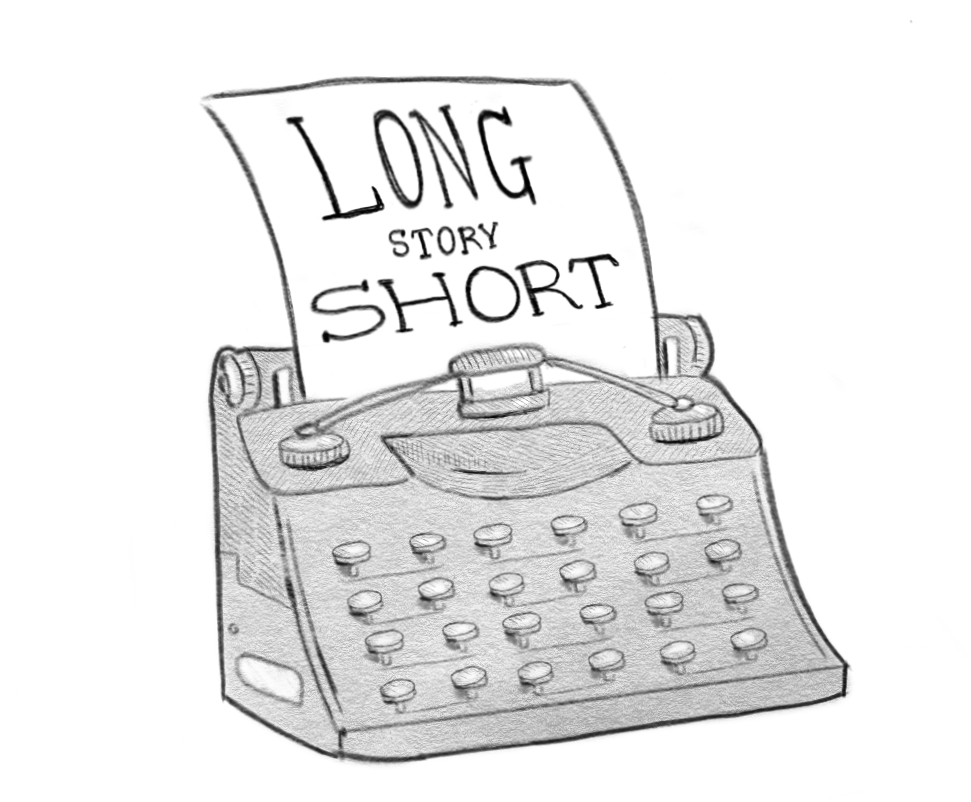Someone recently asked me, “If you like to act so much, then why don’t you just become an actor?”
Immediately getting defensive, I replied that it was a hobby and something I wouldn’t want to pursue full-time — and I almost meant it.
Since the age of seven, when I started acting classes, my dream was to spend the rest of my life being chauffeured around Rodeo Drive in Los Angeles where my name would be emblazoned on the Walk of Fame.
After starring as the lead narrator in my fourth grade play, I thought fame was just around the corner — thus the dream continued. But, alas, my family moved from North Carolina to a conservative Pennsylvania town that lacked a theater program for middle schoolers. The absence of opportunity in this new educational environment destroyed my vision of acting.
Public school art departments that lack funding for drama programs are not just located in the little town of Mars, Pennsylvania, but nationwide.
A majority of students in U.S. public schools have access to music education. However, 3,609,698 students, unfortunately, do not have that same opportunity. In addition, 2,095,538 students do not have exposure to any arts education at all.
While I could elaborate on my personal experience about the benefits of having an arts education — and believe me, I will soon — students are statistically proven to be much better off when provided the opportunity. Students who participate in the arts are four times more likely to participate in a math and science fair, three times more likely to win an award for school attendance and four times more likely to be recognized for academic achievement. Meanwhile, low-income students who are actively involved in the arts are twice as likely to graduate college as peers with no arts education.
As someone fortunate enough to graduate high school and attend college, I completely recognize that my circumstances would have been different had I not grown up with an arts education.
I was always a shy kid and struggled with showcasing my personality around classmates and teachers. This continued until high school, where my homeroom teacher had a flyer sitting outside her classroom for a play. After auditioning and landing an ensemble role, I participated in theater for the rest of my four years of high school, where I made some of my best friends.
After taking a student director role in the musical in my sophomore year, I gained more leadership experience than I could have ever hoped for, which gave me the confidence to form my own club. Later, I even had the same director tell me that her favorite thing was seeing me come out of my shell and become more extroverted throughout the years. If my high school did not offer the theater program, this never would have happened, and chances are I would be a different person than I am today.
While my high school did have a theater program, many things in the art department lacked funding. Sports like football and soccer were given money for uniforms, traveling, new stadiums and more. Meanwhile, the theater program often had to rely on ticket sales from the year before to create the current year’s budget. Luckily, our auditorium could hold a decent amount of people, meaning it showed some room for profit. If it weren’t for this, the drama department would have struggled much more.
Despite 93% of Americans thinking arts are essential to education, schools leave the art departments to fend for themselves, even though the performances often bring in money and publicity for the schools themselves.
The benefits of a theater education have continually been proven invaluable. Many studies have shown a correlation between drama involvement and academic achievement. Students involved in drama performance coursework or experience outscored non-arts students on the 2005 SAT by an average of 65 points in the verbal component and 34 points in the math component.
The University currently has three performance spaces, along with other areas that can be converted into stages. Out of these places, the biggest theater holds — at most — 500 students. By having a bigger space to perform that could hold a large audience, students could have the opportunity to perform in a big crowd, which could give theater students even more opportunities and expose non-theater majors to the work done in the department.
I can rarely tell someone I am also a theater major without getting a weird look. Meanwhile, my peers with other majors would hardly get a second glance.
Without realizing it, an arts education is all around us. While writing this blog, I am listening to the “A Star is Born” soundtrack, which stars Lady Gaga and Bradley Cooper, both of whom went to school to study music and acting. This music comes from my phone, decorated with a heart-patterned phone case, which was most likely made by someone who studied graphic design.
Meanwhile, on top of my desk are some of my favorite books — “The Hunger Games,” “The Devil Wears Prada” and “Daisy Jones and the Six.” As soon as I finish writing this blog, I plan to go to the library to browse some plays before relaxing with a movie.
Whether we like it or not, many of our favorite things result from an arts education. As a society, we must prioritize enhancing and developing creative outlets by subsidizing arts education in schools.



